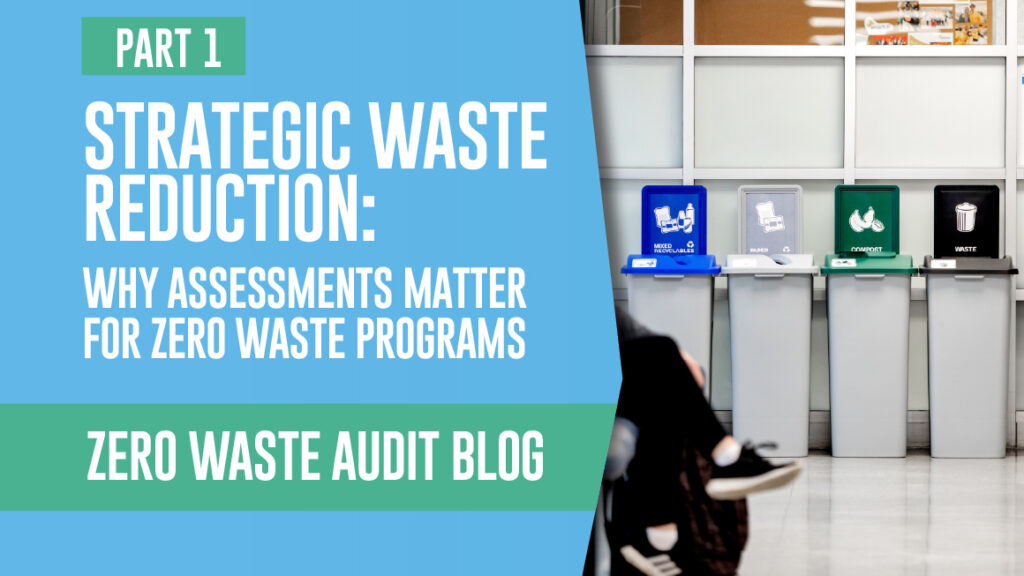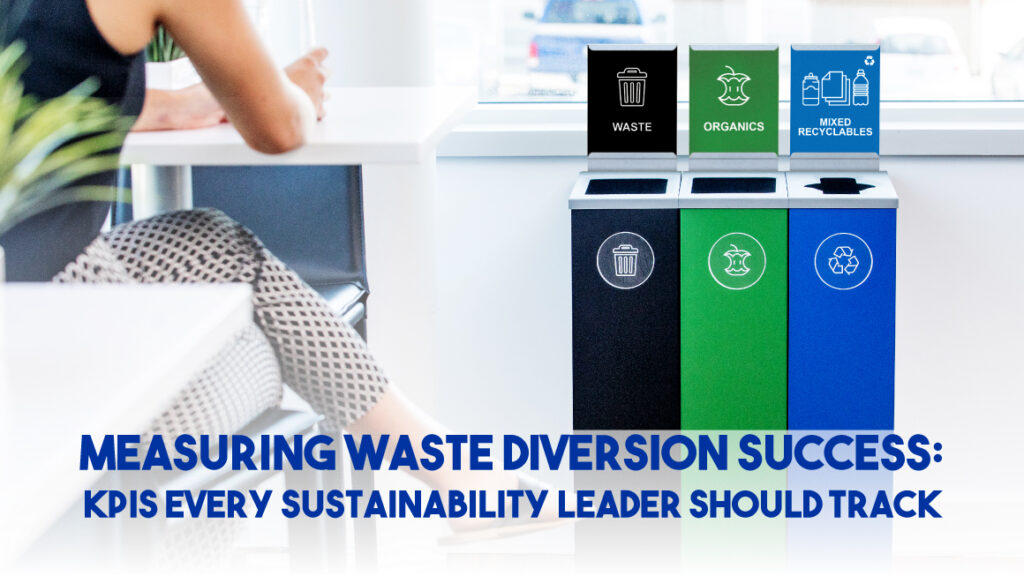In the twentieth century there was a shift in the perception and practice of recycling. Instead of addressing waste and pollution concerns there was concentration placed on its elimination. The shift is commonly associated with a policy known as Extended Producer Responsibility (EPR), or Product Stewardship. This article details the origins of EPR, how it is currently practiced and what it means for the future of recycling.
EPR is a term which was coined in the 1990’s by Thomas Lindhqvist, a Swedish clean production expert. Thomas used the term to define strategically placing the responsibility of environmental improvements on brand-owners. This was designed to encourage sustainable and safe material production at each phase of a products life-cycle.
The theory refers to regulatory, negotiated or voluntary practices which frame the involvement of brand owners. Essentially, products must be created with fewer natural resources, safer handling mechanisms and extended life spans. Brand owners are also responsible for setting up take-back systems for products at the end of their life-cycles. The goal is to remove the diversion of waste and pollution with revised product processes.
EPR steams from the Bottling Bills of the twentieth century. This program required beverage companies to take back their empty containers and recycle them. The overwhelming response to the system produced a ripple effect throughout Canada and Europe. A renewed interest in green practices was created as a result.
Today, the policy is mandated in such areas as British Columbia, Canada. In 2001 an industry led Product Stewardship program was introduced. The government initiative prevents certain recyclables, toxic materials and substances from entering landfills. In such instances brand owners have implemented programs for the secure deposit of used materials.
The policy is also voluntarily practiced by several manufactures worldwide. Among them is Busch Systems located in Ontario, Canada. The company has implemented an internal environmental policy which correlates to EPR. Mandating the production of recycling and waste bins containing a minimum of 35% recycled content. The company also produces containers which are 100% recyclable. This enables municipalities purchasing the bins to integrate take-back systems for used containers.
From the response of recent EPR strategies it is clear that the policy will influence the future of recycling. For example, the policy has the potential to eliminate future landfill waste and pollution. This will prevent products from being disposed in sub-standard conditions or their export to developing countries. Also, the strategy could create environmentally competitive markets. These markets would emerge out of the benefits realized from brand owners supplying future friendly products.
In conclusion, EPR as a philosophy has influenced current conservation methods. It has also established a direction for the future recycling. As a policy EPR has begun to root itself in voluntary and legislative plans of action. It won’t be long before these efforts are practiced and supported by all manufactures alike.
For information: www.buschsystems.com


